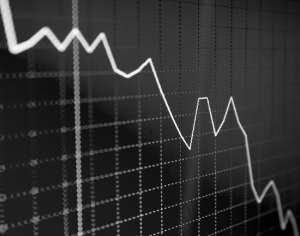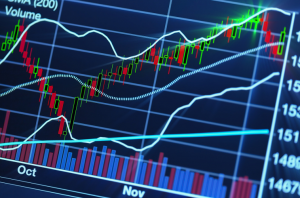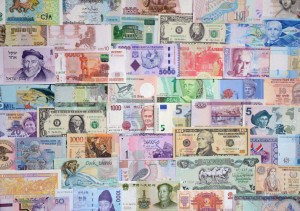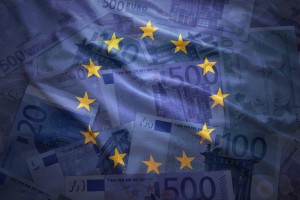
Daniel Fernández
Daniel Fernández is the founder of UFM Market Trends and professor of economics at the Francisco Marroquín University. He holds a PhD in Applied Economics at the Rey Juan Carlos University in Madrid and was also a fellow at the Mises Institute. He holds a master in Austrian Economics the Rey Juan Carlos University and a master in Applied Economics from the University of Alcalá in Madrid.
Is now a good time to invest in the stock market? Is the U.S. stock market overvalued? Unquestionably, since this drop and compared to the Great Recession, securities have risen a great deal in price.
Click here to continue readingOnce again, the economy of China is the exception, with continuous leveraging which could be coming to an end. In turn, the economies of Japan and Germany have been in a continuous deleveraging process since 1999.
Click here to continue readingThe country of Venezuela is dangerously approaching hyperinflation. At 2015’s year-end, official figures had yearly inflation at or above 180% (some private sector estimated it at 330%). The technical definition of hyperinflation is when inflation is at 50% or more per month, meaning that Venezuela is not yet at this point, but does seem to be approaching at an accelerated pace.
Click here to continue readingThe economy of the eurozone continues to experience slow growth, but most economic indicators anticipate a stage of good economic growth. The demand in cyclical goods, for example, is seeing a significant rebound. We see this in the demand for vehicles and new home constructions which is experiencing this rebound for the first time since the recession of 2012.
Click here to continue readingEver since the onset of the 2008 recession, the most important central banks of the world strung up their imaginative sides and came up with a series of steps and measures to not only halt the effects of the devastating liquidity crisis but also devise a plan to boost the economy during its aftermath. One of the less conventional monetary policy measures being taken is the use of negative interest rates. The justification for such a measure is the hope that it will prompt a credit boost in the capital market. With this boost in credit, it is hoped that the economy will follow suit.
Click here to continue readingThe alarms have sounded with the rise of a new Lehman Brothers, only this time on the other side of the Atlantic. Panic has taken hold of investors and a possible new crisis and subsequent global recession is on the horizon; one similar to that of 2007/2008. Deutsche Bank has presented its 2015 year-end report and the results have shown to be a letdown. The largest German bank has reported its first loss since 2008 and not just any loss, but a loss in the excess of 6.8 billion Euros (compared with a 1.7 billion Euro gain in 2014).
Click here to continue readingIn the beginning, Spain’s bubble seemed to signal that the housing market could have high returns. This is because since the middle of the 1990s Spain displayed an incipient economic development, a complete industrial reconversion, a large supply of human capital at a reasonable cost (a good cost-to-productivity ratio), and at the same time entered the Euro project.
Click here to continue readingOne of the big concerns on Wall Street is the large amount of share buybacks that corporations are currently engaging in. It’s generally thought that companies engage in buybacks when they have limited investment opportunities to deploy cash.
Click here to continue readingLatin American economies tend to be highly dependent on raw materials. When the prices of oil and other commodities collapsed in the second half of 2014, Latin American currencies depreciated greatly. The capacity for those countries to generate foreign exchange (FX) reserves was severely affected, resulting in a scarcity of US dollars in their domestic economies that drove the price of dollars higher and plunged local currencies lower.
Click here to continue readingRecent events over the last few weeks, which have come about due to increased volatility in the Chinese stock market, have shaken financial markets across the world. Add to this, sluggish eurozone growth and fears of the possible failure of the ECB’s quantitative easing program, and it seems the ghosts of a great new crisis are hovering above the old continent.
Click here to continue readingGet our free exclusive report on our unique methodology to predict recessions












